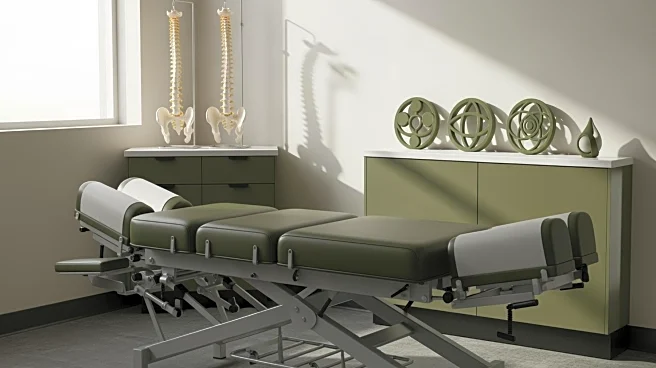What's Happening?
The High Court has denied a law firm's request for summary judgment in a negligence claim, asserting that the firm was not a successor practice. Caroline Shea KC, acting as a deputy High Court judge, ruled
against Broadfield's argument that the claimants had no real prospect of success. The case involves a negligence action over Pitmans' failure to establish a binding development agreement before exchanging contracts on property sales. The claimants allege they sold properties at an undervalue, expecting overage, which was lost when developers went into administration. Broadfield, formed from a merger involving Pitmans, sought summary judgment, claiming no realistic prospect of liability assumption. The judge found the claimants' arguments on novation and estoppel reasonably arguable, allowing the case to proceed.
Why It's Important?
This ruling is significant for the legal industry as it addresses the complexities of liability transfer in mergers and acquisitions. The decision highlights the importance of clear agreements regarding liability assumption in corporate mergers. Law firms and businesses involved in mergers must ensure comprehensive documentation to avoid similar legal challenges. The case underscores the potential for legal disputes over assumed liabilities, impacting firms' operational and financial strategies. It also sets a precedent for how courts may interpret liability transfer and novation in future cases, influencing legal practices and merger agreements.
What's Next?
Broadfield has been granted permission to appeal the substitution issue, which could lead to further legal proceedings. The outcome of the appeal may affect the firm's liability and influence future merger agreements. Legal professionals and firms will be closely monitoring the case for its implications on liability management in mergers. The appeal process may also prompt discussions on best practices for documenting liability assumptions in corporate transactions.









